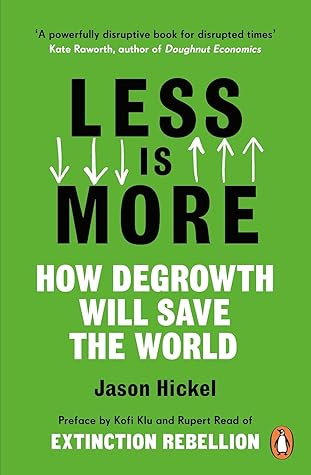Up to the 1920s, consumption was a relatively perfunctory act: people just bought what they needed. Advertisements did little more than inform customers of the useful qualities of a product. But this system posed an obstacle to growth, because once people’s needs were satisfied, purchases slowed down. Companies seeking a ‘fix’ – a way to surmount the limits of human need – found it in the new theories of advertising being developed at the time by Edward Bernays, the nephew of psychoanalyst Sigmund Freud. Bernays pointed out that you can provoke people to consume far beyond their needs simply
...more
Welcome back. Just a moment while we sign you in to your Goodreads account.


